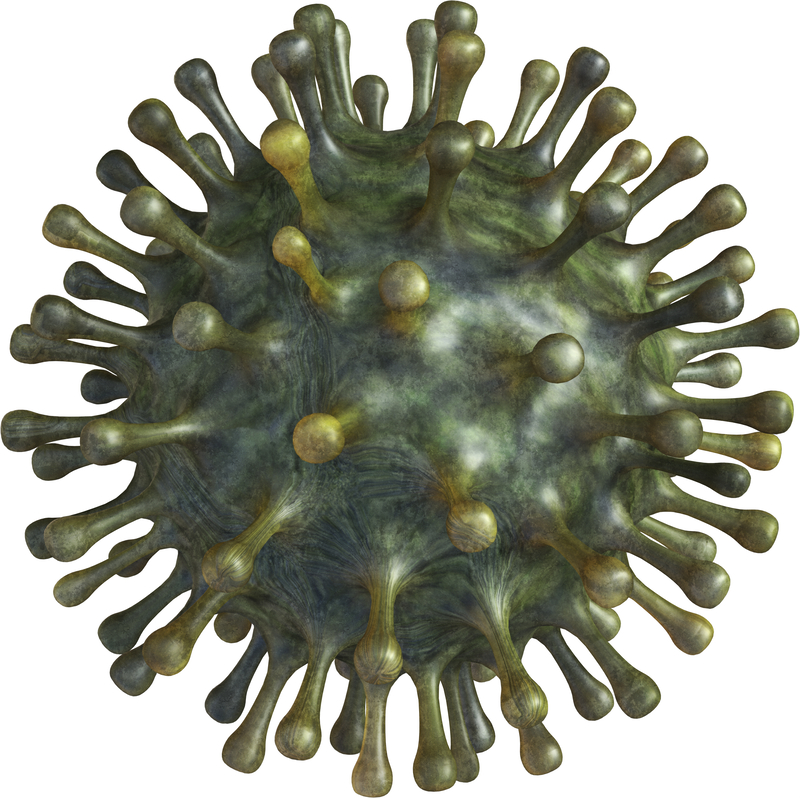COVID-19 vaccines prevented 2.5 million deaths worldwide, study finds
A comprehensive analysis spanning four years of global vaccination campaigns reveals that COVID-19 vaccines prevented 2.5 million deaths worldwide between 2020 and 2024. The landmark study, which examined vaccination impact across all age groups and pandemic phases, found that one life was saved for every 5,400 vaccine doses administered, with the vast majority of benefits concentrated amongst older populations.
The research, led by scientists from Università Cattolica del Sacro Cuore in Rome and Stanford University, represents the most comprehensive assessment to date of COVID-19 vaccination’s global mortality impact. Published in JAMA Health Forum on 25 July 2025, the study encompasses both pre-Omicron and Omicron periods whilst calculating not only lives saved but also life-years preserved – a crucial metric for public health decision-making.
Vaccination benefits concentrated in older populations
The analysis revealed a stark age gradient in vaccination benefits, with 90% of lives saved occurring among people aged 60 years and older. This finding reflects both the higher infection fatality rates in older age groups and their earlier access to vaccination programmes during the initial rollout phases.
“Before ours, several studies tried to estimate lives saved by vaccines with different models and in different periods or parts of the world, but this one is the most comprehensive because it is based on worldwide data, it also covers the Omicron period, it also calculates the number of years of life that was saved, and it is based on fewer assumptions about the pandemic trend,” explained Professor Stefania Boccia.
The study found that 82% of prevented deaths involved people vaccinated before encountering the virus, whilst 57% of the total benefit occurred during the Omicron period. Sensitivity analyses suggested the true range could span from 1.4 to 4.0 million lives saved, demonstrating the robustness of the central estimate whilst acknowledging inherent uncertainties in global health modelling.
Life-years analysis provides nuanced perspective
Beyond mortality prevention, the research calculated that COVID-19 vaccination saved 14.8 million life-years globally, equivalent to one life-year saved per 900 vaccine doses administered. This metric proved particularly revealing, as it highlighted the age-related distribution of benefits whilst accounting for remaining life expectancy.
The authors noted in their discussion that “people older than 60 years accounted for the most life-years saved (75.9%), but with very little contribution from long-term care residents (2% of the total).” This finding reflects the limited life expectancy of care facility residents, despite their high vulnerability to severe COVID-19 outcomes.
Conversely, younger demographics contributed minimally to the overall benefit profile. Children and adolescents accounted for just 0.01% of lives saved and 0.1% of life-years preserved, whilst young adults aged 20-29 years represented 0.07% of lives saved and 0.3% of life-years saved.
Conservative estimates challenge earlier projections
The study’s findings present substantially more conservative estimates than previous modelling efforts, particularly those focused on the initial vaccination year. The authors noted that their “estimates are substantially more conservative than previous calculations focusing mostly on the first year of vaccination, but they still clearly demonstrate a major overall benefit from COVID-19 vaccination during the years 2020-2024.”
This methodological difference stems from the study’s comprehensive approach, which incorporated real-world data spanning the entire pandemic response period rather than relying on early-pandemic projections that may have overestimated vaccine effectiveness or infection fatality rates.
Global vaccination equity challenges highlighted
The research methodology encompassed diverse global vaccination experiences, acknowledging significant disparities in vaccine access across different regions and populations. The authors noted substantial “global vaccine inequity” and suggested that many opportunities for life-saving interventions were lost due to unequal distribution patterns.
The study’s conclusions emphasise that whilst COVID-19 vaccination represented a major public health achievement, “most benefits in lives and life-years saved was secured for a portion of older persons, a minority of the global population.” This finding has important implications for future pandemic preparedness and vaccination strategy development.
Professor Boccia concluded: “These estimates are substantially more conservative than previous calculations that focused mainly on the first year of vaccination, but clearly demonstrate an important overall benefit from COVID-19 vaccination over the period 2020-2024. Most of the benefits, in terms of lives and life-years saved, have been secured for a portion of the global population who is typically more fragile, the elderly.”
The research provides crucial empirical evidence for evaluating the real-world impact of one of the largest vaccination campaigns in human history, offering valuable insights for future pandemic response strategies.
Reference
Ioannidis, J. P. A., Pezzullo, A. M., Cristiano, A., et. al (2025). Global estimates of lives and life-years saved by COVID-19 vaccination during 2020-2024. JAMA Health Forum, 6(7), e252223. https://doi.org/10.1001/jamahealthforum.2025.2223


